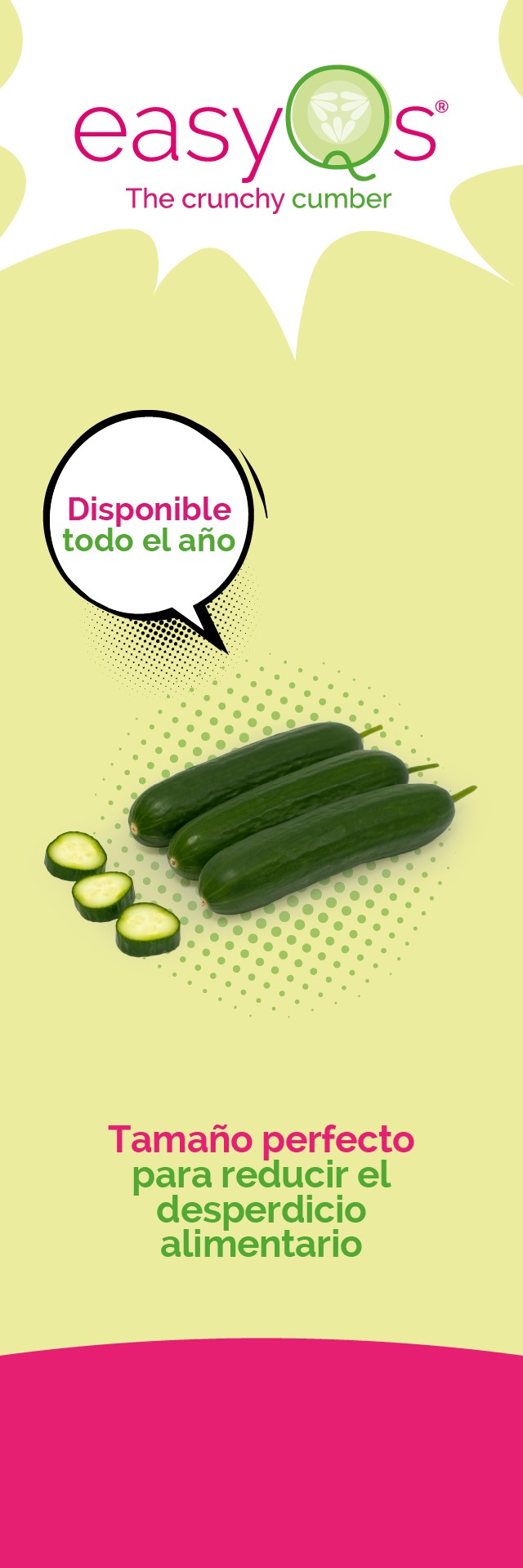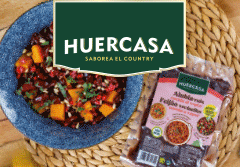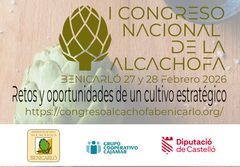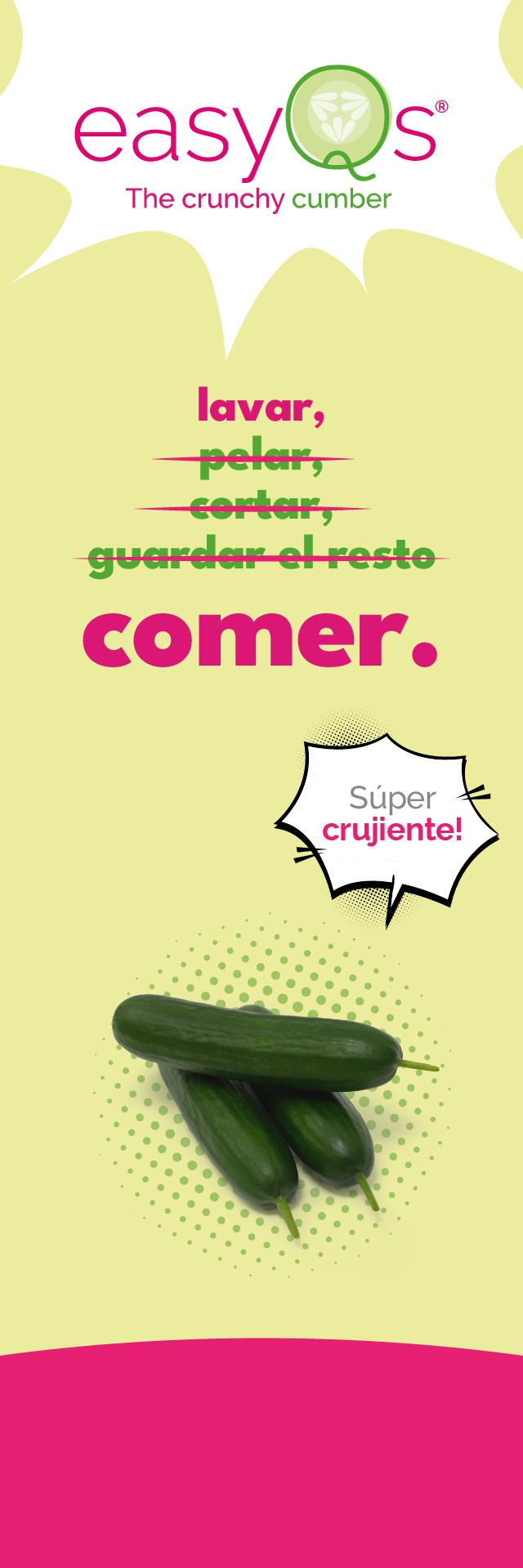The Valencian cooperative’s strategic plan involves balancing positions for three products: persimmons, stone fruits and citrus fruits.
With an excellent positioning for early stone fruit due to a significant commitment in the past and a considerable volume of persimmons, the Carlet cooperative will promote the marketing of satsumas and very early clementines, as well as Nadorcott plantations.
The cooperative’s general manager, José Climent, explains that “diversifying and balancing the different production is a basic goal in order to maintain three campaigns per year. We were pioneers in the stone fruit production area; therefore we have adapted the installations to the large volumes of persimmons and at the moment we are working with citrus fruits.”
Due to the fact that the region is quite cold, one of the best alternatives is specialisation in very early clementines. After several years of mediocre results, up until January, the current campaign can be classified as satisfactory. There has been a very high demand and price, and satsumas and oranges are also maintaining a good level for both orders and prices.
The members of this Valencian cooperative are characterised by their great dynamism. In spite of the financial effort involved, the farmers have always sought out new alternatives in order to capitalise their land and as Climent emphasises “our members are true professionals in the farming world.”
The persimmon. Although the campaign did not start off as well as expected, it is now almost ended and the situation has improved slightly. “The demand has been good and the fruit has been in very good condition, which has allowed it to be marketed up to the end of January. The prices, on the other hand, have not been as positive.”
Regarding its installations, the company is completely ready to absorb the over 40,000 tonnes of persimmon which will be reached in a few years’ time, when the most recent plantations come into production.
Although the cooperative has modern stone fruit varieties available that are adapted to today’s markets, it has been detected that the region’s previous trading window, from the end of April until the beginning of June, is becoming shorter and shorter, since Murcia produces a very important volume and the Southern Catalonian region is increasing its production for these dates.
The most obvious case occurs with the flat peach, a fruit that corresponds to the production with the greatest increase. Climent reveals that “the first few weeks work well, but when the end of May or June is reached, it is impossible to obtain any decent prices. There is an enormous production that continues to grow, but with no new consumers, a fact that does not occur with persimmons, where there is still a long way to go before this fruit becomes well-known.”
By volume, the most important stone fruit is the nectarine, followed by the peach, the flat peach and the apricot.
On this point, there are also some imbalances, since after removing yellow and clingstone peach trees, it seems that the markets are tending towards demanding this product again, although with higher quality. “At this moment, we are looking for peach varieties that adapt well to the region, as well as apricot varieties, which are less difficult to grow,” the executive concludes.
A fourth crop, although with a still incipient development is the kiwi, of which around 50,000 kilos have been produced in the cooperative’s home town.





















